Summaries of books about Ancient History:
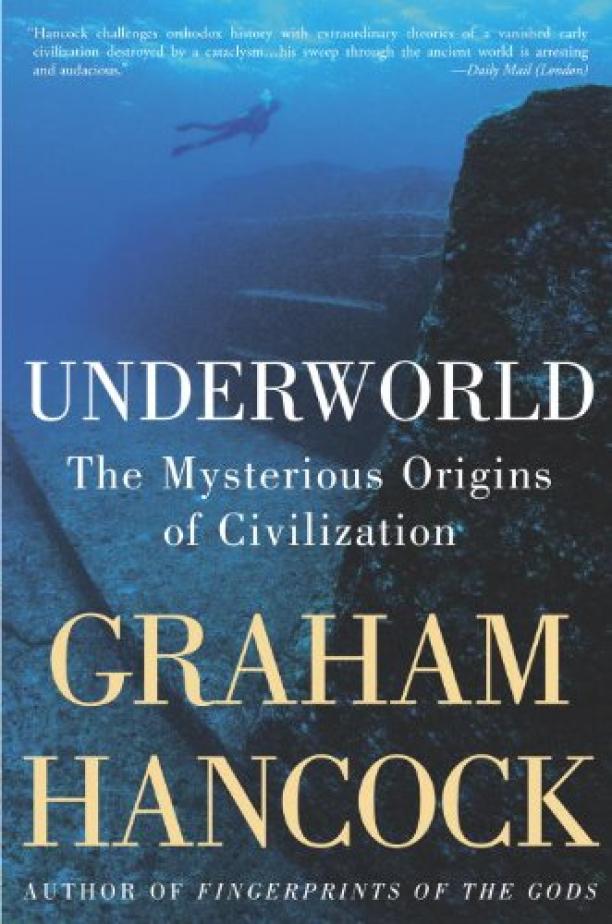
Underworld
The Mysterious Origins of Civilization
Graham Hancock
The book explores ancient civilizations and their possible connections to a lost advanced civilization, delving into archaeological sites, myths, and geological evidence. It challenges mainstream historical narratives by suggesting that a sophisticated culture could have existed during the last Ice Age and influenced the development of known ancient societies.
See full summary
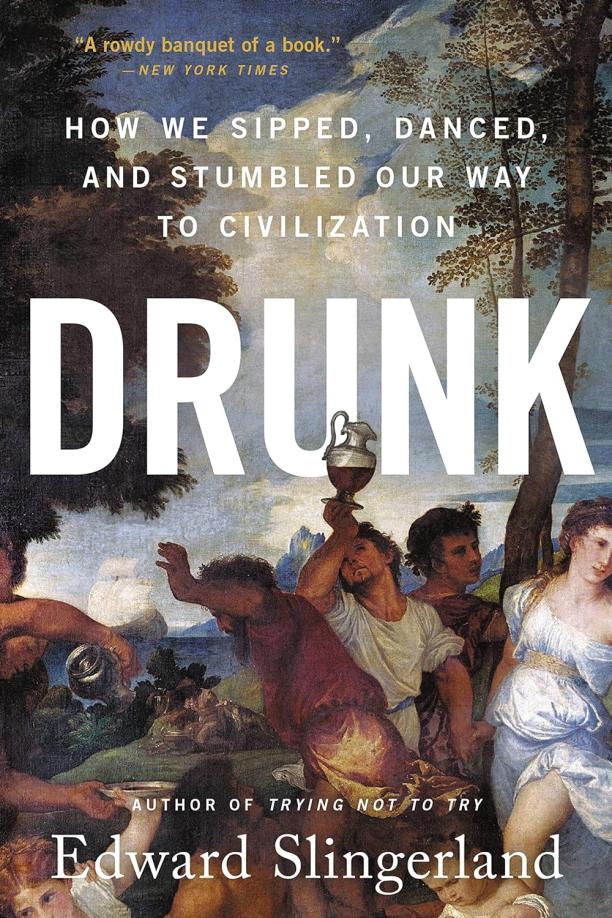
Drunk
How We Sipped, Danced, and Stumbled Our Way to Civilization
Edward Slingerland
The book explores the role of alcohol in human history, arguing that intoxication has played a crucial part in the development of civilization by fostering creativity, social bonding, and trust. It delves into various cultural and scientific perspectives to illustrate how drinking has been integral to rituals, innovation, and the formation of societies throughout time.
See full summary
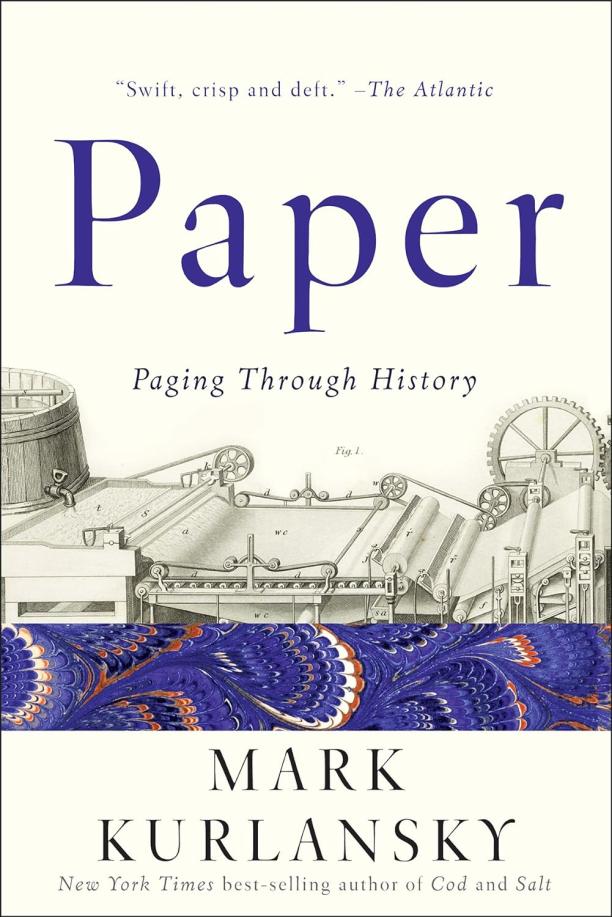
Paper
Paging Through History
Mark Kurlansky
The book traces the evolution of paper from its ancient Chinese origins to its pivotal role in the development of writing, communication, and record-keeping throughout history. It explores the impact of paper on societies and cultures, and how it has shaped the spread of ideas, religions, and knowledge across the globe.
See full summary
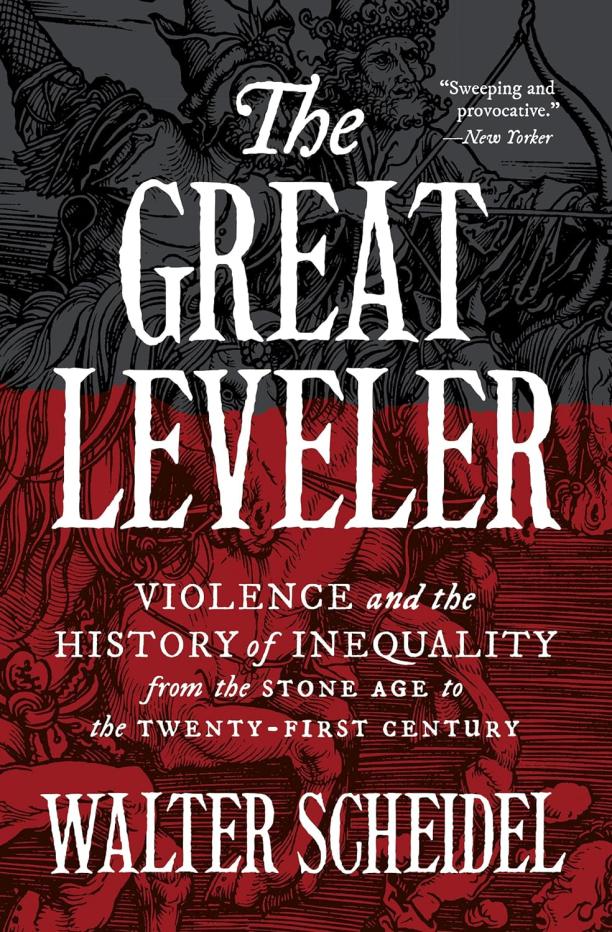
The Great Leveler
Violence and the History of Inequality from the Stone Age to the Twenty-First Century
Walter Scheidel
The book examines the historical patterns of economic inequality, arguing that significant reductions in inequality have only ever been brought about by catastrophic events such as wars, revolutions, state collapse, and pandemics, which the author terms "the Four Horsemen." It presents a sweeping analysis of the dynamics that drive inequality and the drastic measures that have flattened it throughout human history.
See full summary
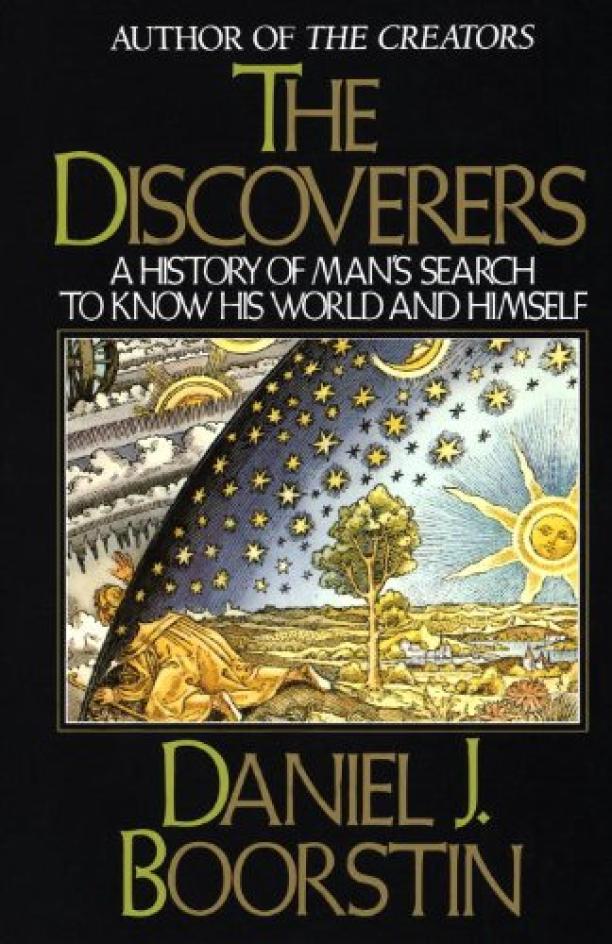
The Discoverers
Daniel J. Boorstin
The book presents a historical narrative of human discovery, chronicling the endeavors and achievements of explorers, scientists, and thinkers who have shaped our understanding of the world. It covers a wide range of topics, from timekeeping and geography to medicine and cultural discoveries, highlighting the evolution of human knowledge across different civilizations and eras.
See full summary
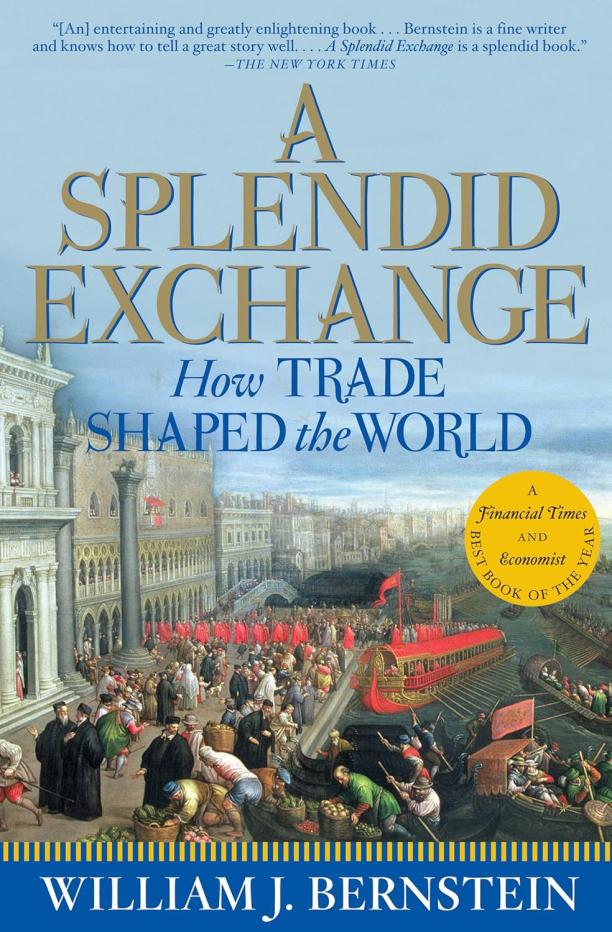
A Splendid Exchange
How Trade Shaped the World
William J. Bernstein
The book chronicles the history of global trade, from the ancient Mesopotamian trading routes to the modern era of globalization. It explores how commerce has influenced civilizations, shaped geopolitical landscapes, and driven technological advancements and cultural exchange throughout human history.
See full summary
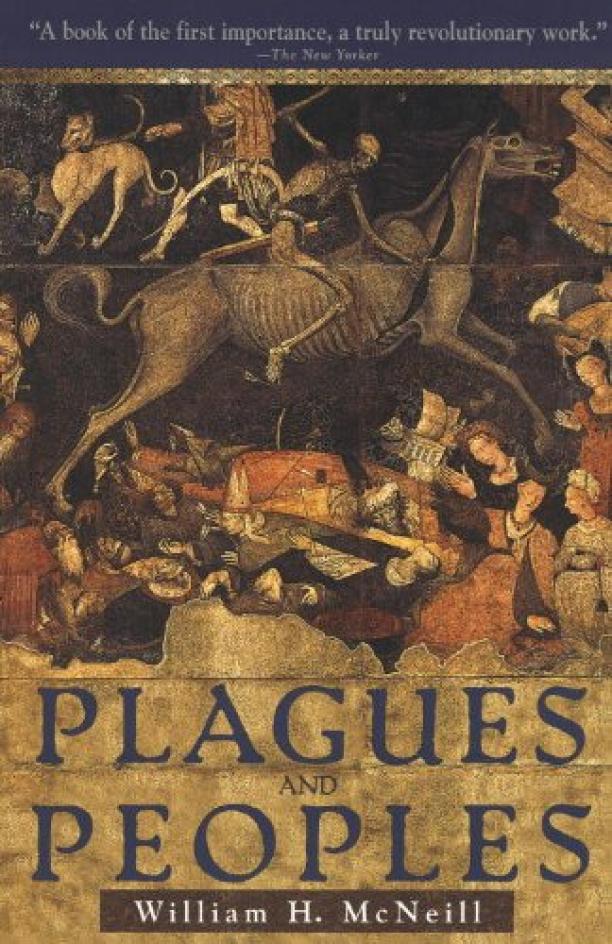
Plagues and Peoples
William McNeill
The book examines the impact of infectious diseases on the course of human history, exploring how epidemics have shaped societies, economies, and civilizations from ancient times through the modern era. It delves into the complex interplay between human populations and pathogens, revealing how plagues have influenced warfare, migration, and cultural change throughout history.
See full summary
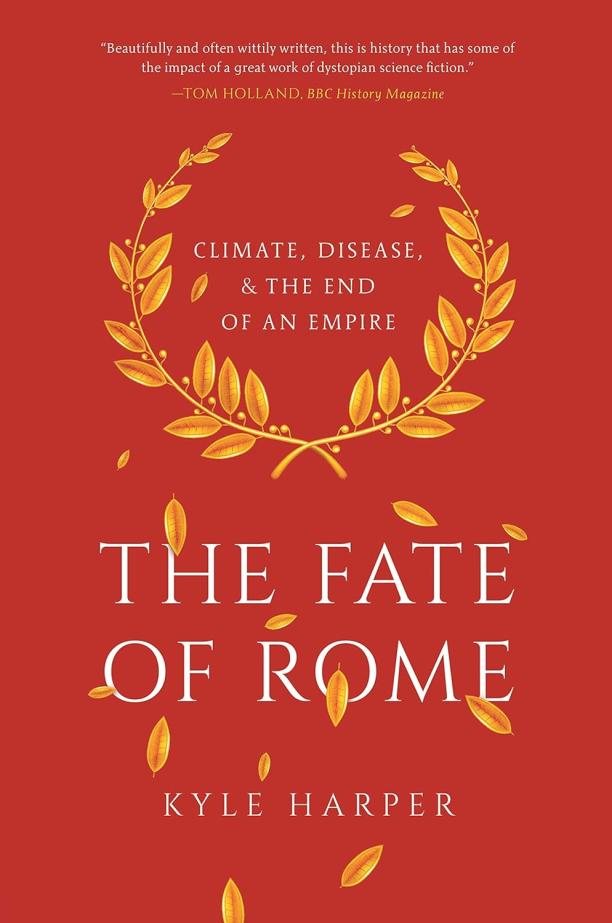
The Fate of Rome
Climate, Disease, and the End of an Empire
Kyle Harper
The book explores how environmental factors, particularly climate change and pandemics, contributed to the decline and fall of the Roman Empire. It integrates scientific evidence with historical analysis to show the impact of nature's forces on the complex human systems of ancient Rome.
See full summary
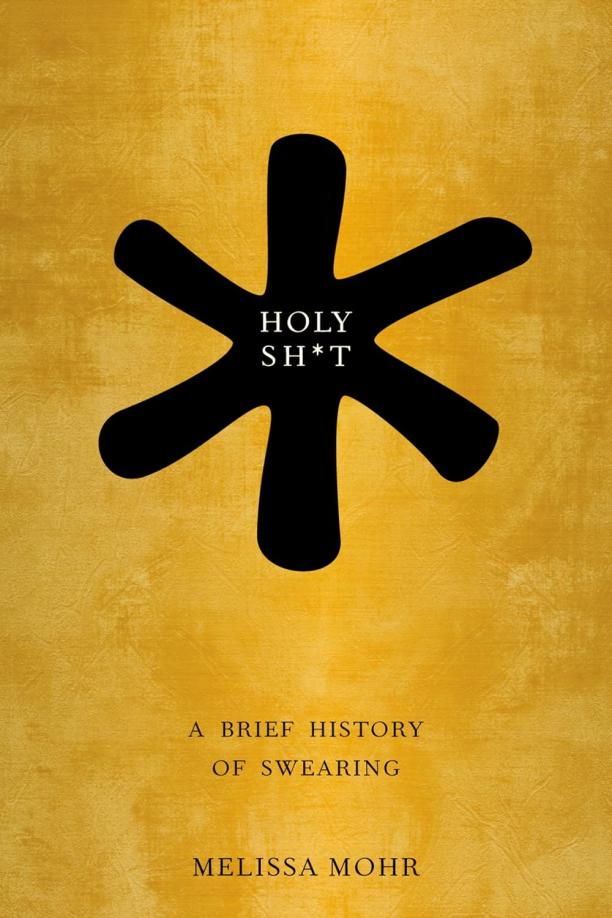
Holy Sh*t
A Brief History of Swearing
Melissa Mohr
The book explores the origins and evolution of swear words throughout history, examining their cultural significance and the ways in which they reflect societal taboos. It delves into the linguistic functions of cursing, from ancient Roman times to modern usage, and how swearing has been shaped by religion, class, and gender.
See full summary
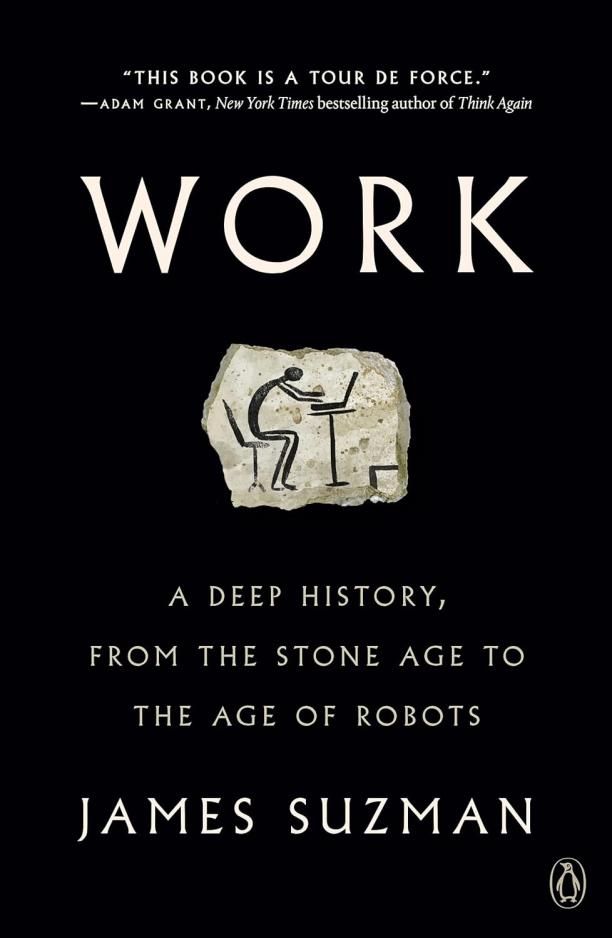
Work
A Deep History, from the Stone Age to the Age of Robots
James Suzman
The book explores the evolution of work throughout human history, examining how our ancestors' activities have shaped modern labor practices and attitudes. It delves into the changing relationship between work, leisure, and technology, questioning contemporary work's sustainability and purpose in the face of advancing automation.
See full summary